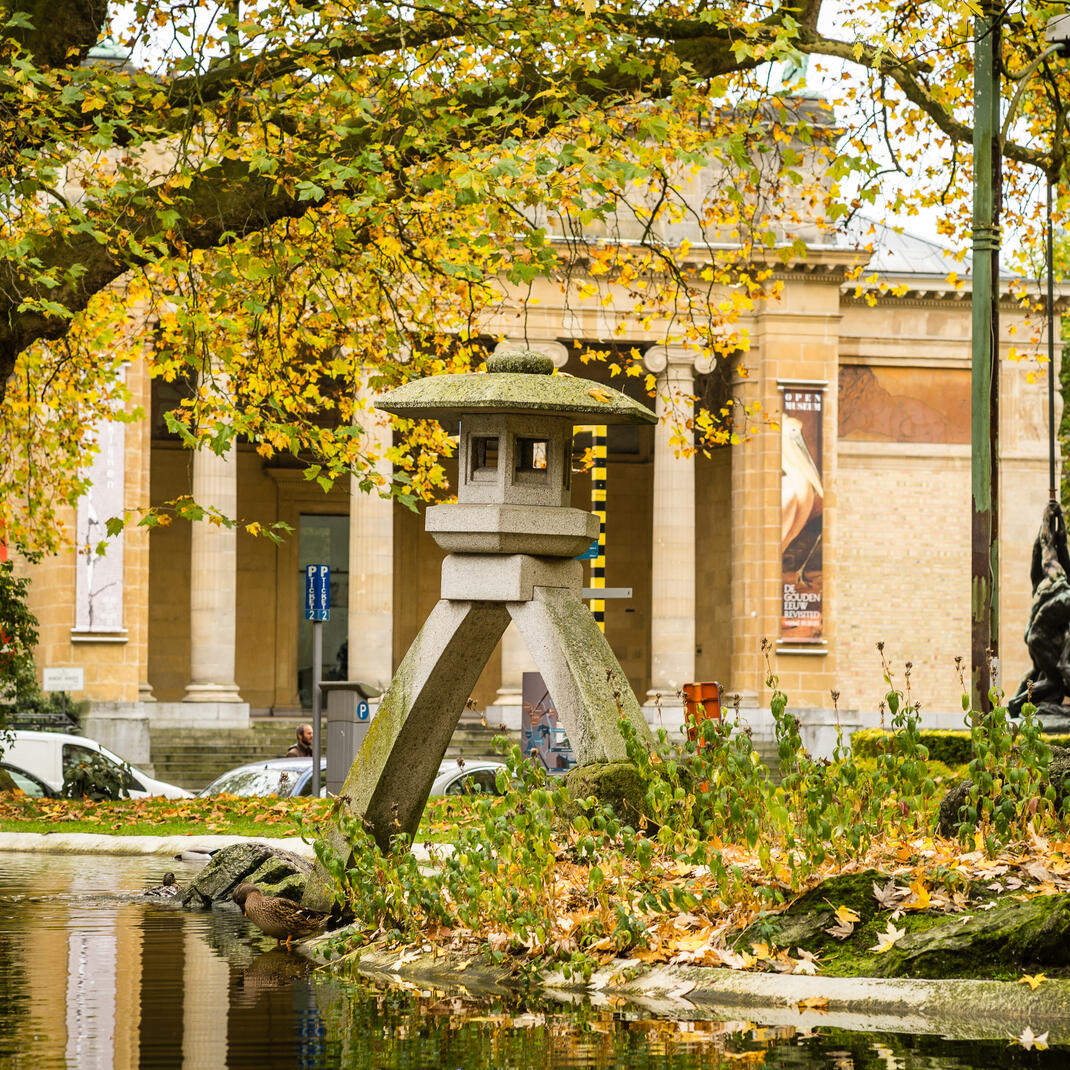From bilateral to multilateral cooperation
How does the City of Ghent work together with cities abroad?

History of Ghent’s bilateral partnerships
Until 2021, the City of Ghent had 7 official sister cities (Saint-Raphaël in France, Wiesbaden and Melle in Germany, Kanazawa in Japan, Tallinn in Estonia, Mohammedia in Morocco and Nottingham in the UK) and 5 official partner cities (Burgas in Bulgaria, Gdansk in Poland, Weihai and Taizhou in China and Liège in Belgium).
The trend of twinning began after the Second World War.Like many other European cities, the City of Ghent joined the twinning movement in the 1950s and established several sister city or 'twinning' relationships with cities in and outside Europe. The emphasis was on reconciliation through cultural exchanges between citizens and associations in the context of the joint commitment to sustainable peace.
From bilateral to multilateral partnerships
The City of Ghent can look back on many years of successful exchanges, realisations and projects with its sister and partner cities. However, over the last few decades, the focus in the international cooperation between cities has shifted. The most conspicuous trend is the evolution from bilateral to multilateral cooperation, with much more exchanges taking place through international networks and European (funding) projects rather than via bilateral contacts.
In line with this evolution, the City of Ghent decided to take a close look at the collaborations with Ghent's sister and partner cities and to make choices in the way how the City of Ghent sees these partnerships in the future. Based on this exercise, a vision on cooperation with foreign cities was developed.
One of the main principles is that the City of Ghent is not in favour of entering into new bilateral partnerships and chooses to reduce existing partnerships or make them more effective. The City of Ghent hereby opts for a limited number of formal partnerships that clearly contribute to the implementation of the Multi-Year Strategic Plan. A distinction is made between partnerships within and outside Europe, as there are fewer opportunities outside Europe to maintain relations through European funding projects or European networks.
Cooperation with sister city in Japan maintained
That is why it was decided in 2021 to stop the formal twinning collaboration with our sister and partner cities and to reorient almost all existing partnerships towards collaboration within the scope of European and international networks and (funding) projects. Only the twinning partnership with the Japanese city of Kanazawa will be maintained in view of the highly active and widely supported cooperation with several partners in Ghent and Kanazawa.
